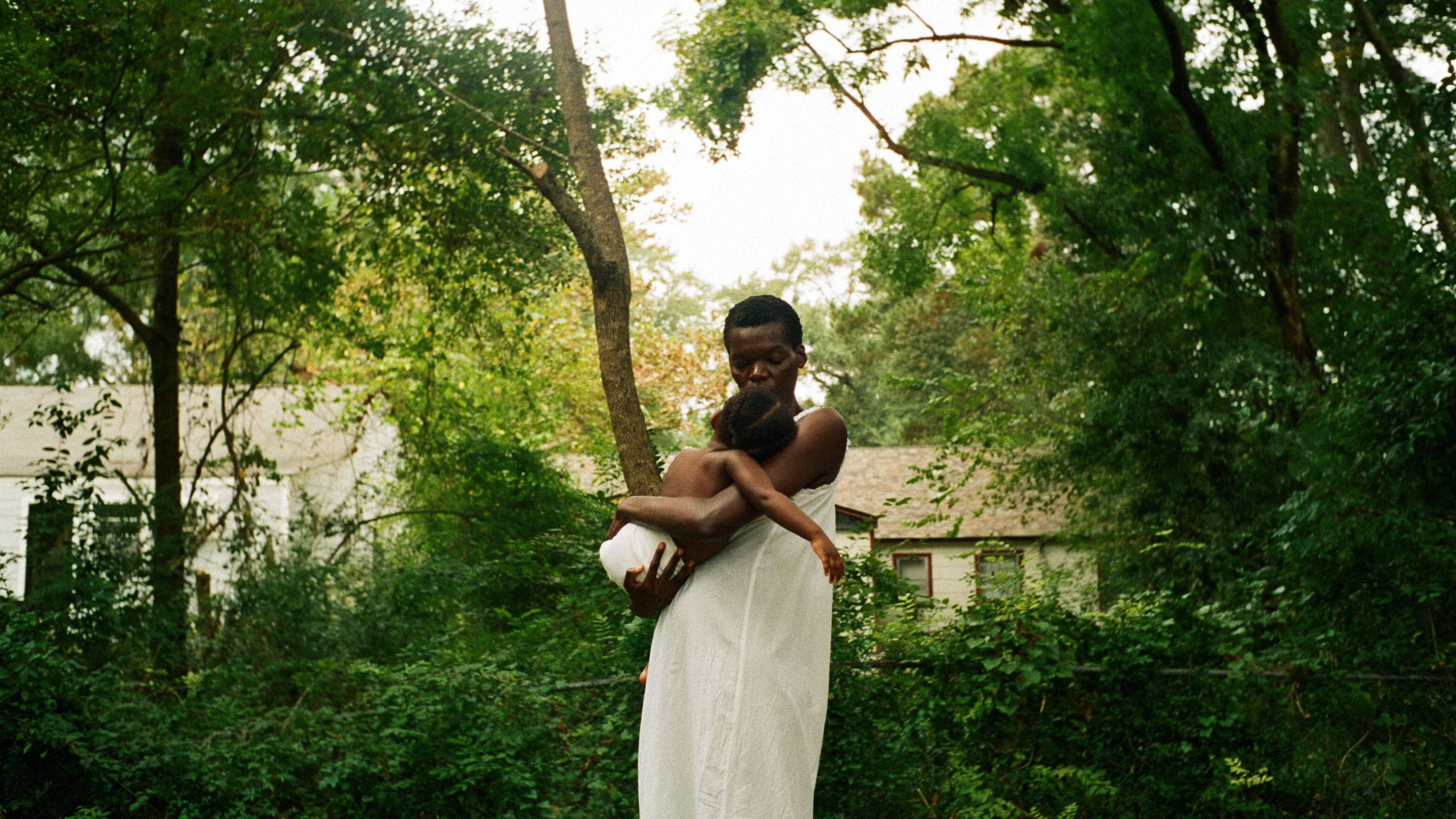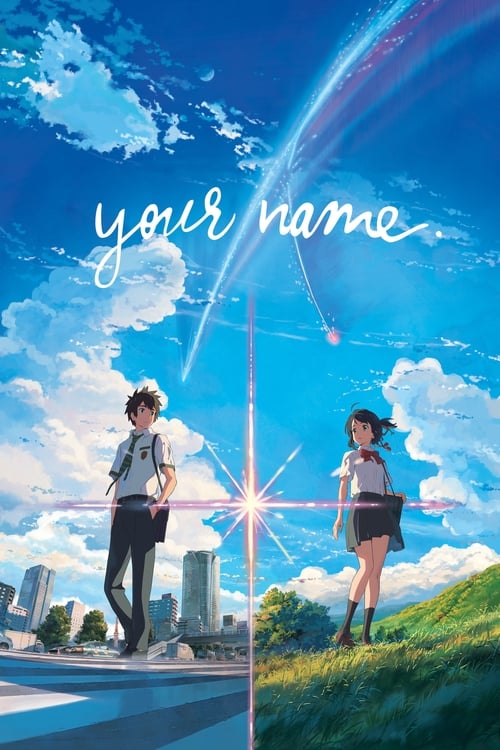
2023
All Dirt Roads Taste of Salt
Drama
6.0
User Score
14 Votes
Status
Released
Language
en
Budget
$0
Production
A24, PASTEL, Tender
Overview
Tender caresses and enveloping embraces are portals into the life of Mack, a Black woman in Mississippi. Winding through the anticipation, love, and heartbreak she experiences from childhood to adulthood, the expressionist journey is an ode to connection — with loved ones and with place.
Review
Brent_Marchant
5.0
When creating a film that’s best described as experimental, ambition goes a long way toward the fulfillment of that goal. However, it’s not enough to carry the project if it doesn’t have something meaningful or profound to say in the end product, and that, unfortunately, is what’s missing from the premiere effort from poet Raven Jackson in her writing/directing feature debut. This offering is perhaps best characterized as a visual tone poem examining the decades-long life of an African-American woman in rural Mississippi from childhood to becoming a grandmother. It’s light on narrative and seeks to tell its story visually a la the likes of Terrence Malick, relying more on showing than telling, a noble undertaking, to be sure. Nevertheless, the picture leans on its imagery so heavily that it often fails to convey anything of real substance, despite its visual beauty and some obviously heartfelt sequences in which the principals’ emotions are indeed palpable and affecting. In between, though, the sequences begin to feel padded after a while, striving to capture profound insights through events that are too innately incidental to express anything truly enlightening, reflective or philosophically rich. Instead, it offers viewers a biographical look at one individual’s ties to the people, places and everyday events that made up her life, a depiction that, regrettably, plays more like a home movie with arthouse treatment. This is perhaps best exemplified by a nearly 10-minute sequence of a hug that, frankly, grows stunningly tedious in far less time than that. I suspect that these shortcomings probably arise from the filmmaker being too close to her own subject matter, given that many of the characters in this story are based on the lives of people from her own family and ancestors. Those elements may be deeply moving to her, but they don’t translate into material that would mean much to those outside her own immediate circle. With that said, however, this release is not without its merits, most notably its gorgeous cinematography and beautiful original score. Beyond that, though, “All Dirt Roads Taste of Salt” is likely to try the patience of many viewers, including those willing to give a chance to its attempt at an alternative inventive approach. This truly feels more like a film or art school project than something that would appeal to even the most ardent of diehard open-minded cinephiles. And that’s unfortunate, because I’m sure there’s an interesting story buried somewhere within this material. Sadly, it never surfaces but remains camouflaged in its own artistic trappings.
Read More 



